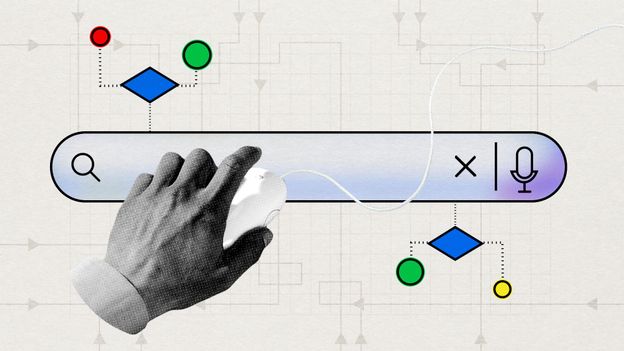- cross-posted to:
- [email protected]
- cross-posted to:
- [email protected]
Summary
“We’re at the mercy of Google.” Undecided voters in the US who turn to Google may see dramatically different views of the world – even when they’re asking the exact same question.
Google’s influence on information access is under scrutiny for reinforcing users’ biases through its algorithms. Searches for “good” or “bad” perspectives on topics like Kamala Harris’s candidacy or health questions produce results that confirm existing beliefs, explains Sarah Presch of Dragon Metrics.
Experts such as Varol Kayhan and Mark Williams-Cook argue that this approach amplifies confirmation bias, shaping perceptions and deepening societal divides. While Google claims to reflect user preferences, critics warn of risks in its evolving “answer engine” model and its growing impact on public opinion.



That’s cute, it’s not harder by any means. They track through cookies, your browser fingerprint, your IP, your location, they use everything they possibly can to identify you. Not having an account doesn’t mean anything to the ability to track and identify you